As you start to reopen your store, selling online, and through social media are things you simply must invest your time in. Here’s our guide to setting up Facebook E-Commerce and Facebook Shops.
As a retailer, you do your best to figure out what social networks your customers are on and how you can participate in a relevant way. Truth be told, you feel there are too many and you don’t have enough time to have a presence on all of them. If someone could tell you which ones to use, you’d be delighted. Well, guess what? That’s exactly what we’re going to do in this article. So what social networks should you focus on? The short answer is:
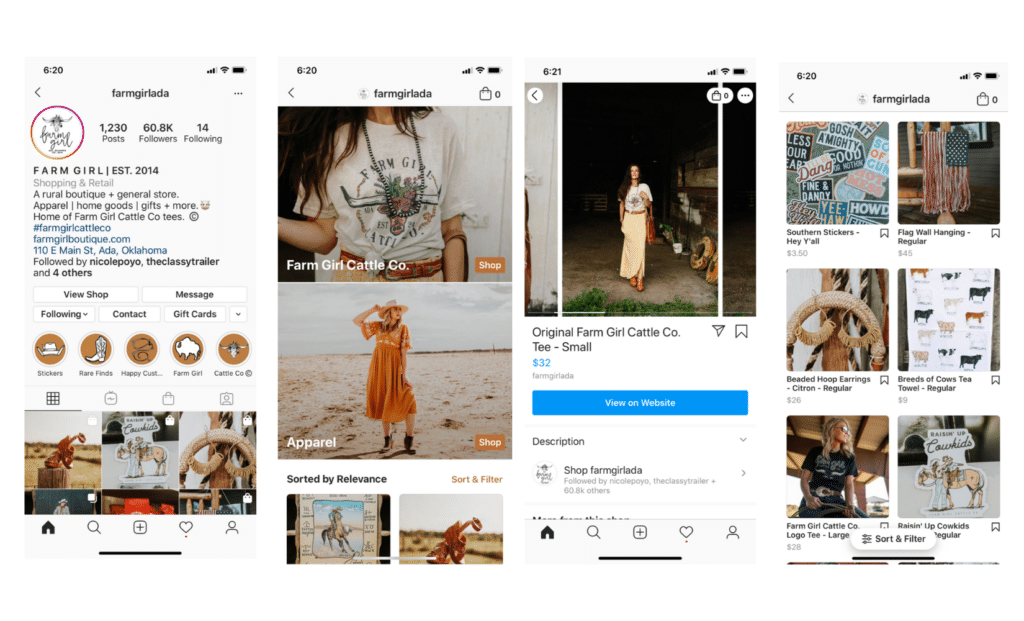
Facebook, Instagram, and Pinterest.
These are the only three networks time-strapped retailers need to invest time in. Why? Because they have the most users, the highest amount of user activity, the freest tools thus creating the most possibilities for you to make sales online or in your store. Most bookkeepers will say only three to five percent of your sales profit should be spent on marketing costs. This means where you put your time and money needs to be heavily analyzed. No matter the age, location, or demographics of your customers, Facebook, Instagram, and Pinterest are where you’re going to find your greatest successes.
Facebook Seeks to Make Retail and Small Business its Bread and Butter
Today, we’re going to start with Facebook. 71.43% of people worldwide use Facebook. This makes it the most used social network in the U.S. Facebook (which now has 3.03 billion users worldwide) has made significant investments in its website, apps, and platforms in order to get small businesses to become more successful.
As of today, retailers can sell their entire inventory on the Facebook Marketplace, create mobile storefronts and catalogs in WhatsApp, and use ads to target and sell products to new and current customers. Most importantly, you can do this in any city, state, or country that Facebook can be accessed. In order to have a presence on Facebook, here’s what you need to do:
- Set up a Facebook page;
- Select a business category for your page;
- Select a layout for your page;
- Add all the details you can, including your address, links to your website, and reviews;
- Create a customized page URL for your store;
- And set up your shop.
Once you’ve done this, you can start publishing content, creating events, and leveraging Facebook as part of your marketing strategy. As you become more comfortable with Facebook, you can try using new features. One thing you should do right away is to ask your customers to write store reviews and rate your business on Facebook as Facebook Reviews are just as important as Yelp or Google Business reviews when it comes to SEO, organic search, and building trust.
If you want to sell on Facebook, you should study how businesses are using Facebook Marketplace to do so. If you want, you can sync your inventory to Facebook Marketplace. Once you’ve submitted your product feed, Facebook will review your products and approve them so that you can sell on the Marketplace.

Image Courtesy of Meta
If you use Shopify, BigCommerce, WooCommerce, Channel Advisor, ShipStation, or any commerce engine to manage your inventory, you can automatically connect your inventory feeds to the Marketplace in several simple clicks! If you don’t have an inventory software they support, here’s how you get your products listed.
After you’ve mastered Facebook, you may want to create WhatsApp catalogs in order to have a mobile storefront for your business so that you can expand your geographic reach via mobile apps. Facebook users are extremely mobile, so take advantage of anything you can with the Facebook Mobile App, Messenger (109 million monthly users), or WhatsApp (1.5 billion monthly users).
Facebook Marketplace currently has no set listing fees or commissions, so it’s free to sell (this could change down the line as more retailers make use of this!). If you want to learn more about marketing your business on Facebook, you can take free online classes that includes everything from how to build a brand presence to learning how to run ads. You can also sign up for their free local small marketing bootcamps that take place in many cities across the U.S.
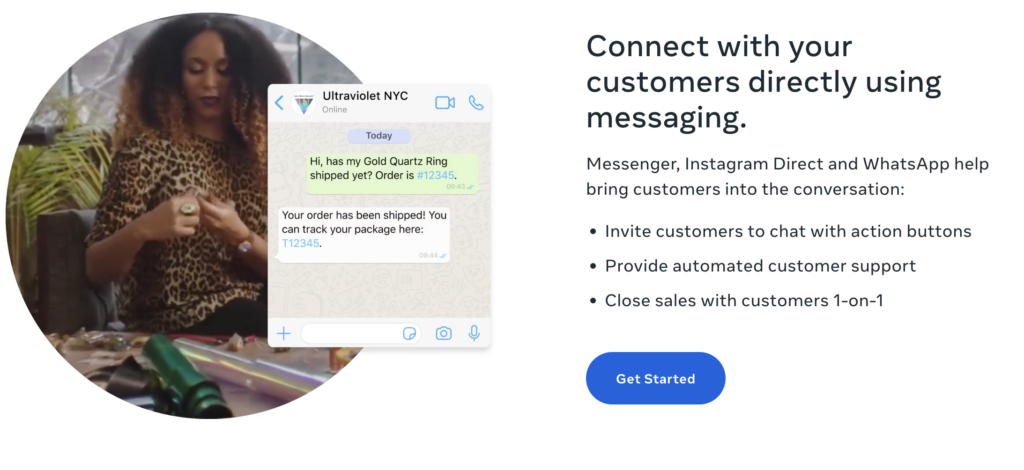
How to Set-Up a Facebook Shop For Your Store
Retailers can create a Facebook Shop for free. If you already have an old Facebook shop, it can easily be converted over (just use that link). You simply choose the products they want to feature from your WhatsApp catalog and then customize the look and feel of your shop with a cover image, your logo, and brand colors. This means any seller, no matter their size or budget, can bring their business online and connect with customers wherever and whenever it’s convenient for them. To create a Facebook Page shop:
- Click the Shop tab on your Facebook Page. If you don’t see this tab, you can change your Page template to the Shopping template.
- Click Go to Commerce Manager. You’ll be redirected to a Sell on Facebook page in Commerce Manager.
- In Commerce Manager, you’ll complete a few steps to get set up. You’ll be prompted to link business accounts, set shipping and return preferences, and set up your payouts.
- Once your Facebook Page shop is set up, your next step is to create a catalog of your products.
After you get set up with your Facebook Page shop, you can use the Commerce Manager to manage sales across Facebook and Instagram. Products from your Facebook Page shop may appear in Marketplace if they’re eligible. With Facebook Shops, your customers will be able to message your store through WhatsApp, Messenger or Instagram Direct to ask questions, get support, track deliveries, and more. And in the future, customers will even be able to view your shop and make purchases right within a chat in WhatsApp, Messenger, or Instagram Direct.
What’s super cool is that your customers can find your Facebook shop on your Facebook Page, Instagram profile, or discover them through stories or ads. From there, you can browse the full collection, save products you’re interested in and place an order — either on the business’ website or without leaving the app if the business has enabled checkout in the US.
 Need Help With Getting Set-Up on Facebook Shops?
Need Help With Getting Set-Up on Facebook Shops?
Take Their Free Video Training Class
Instagram and Live Shopping are Coming This Fall
Later this year, Facebook will introduce Instagram Shops, a new way to discover and buy products via Instagram Explore. You customers will be able to browse products, filter by categories like beauty and home, and purchase items they like all in one place. And later this year, we’re adding a new shop tab in the navigation bar, so you can get to Instagram Shop in just one tap.
Also, Facebook is working to make shopping for products in real time more streamlined. Soon, sellers, brands and creators will be able to tag products from their Facebook Shop or catalog before going live and those products will be shown at the bottom of the video so people can easily tap to learn more and purchase.
They have already started to test this with businesses on Facebook and Instagram, and will roll it out more broadly in the coming months. They are also working closely with partners like Shopify, BigCommerce, WooCommerce, ChannelAdvisor, CedCommerce, Cafe24, Tienda Nube and Feedonomics to give small businesses the support they need and create better integrations.
Right now, Facebook shops are free. Using shops as a sales channel will make it easier for smaller and medium-sized businesses like to tackle online commerce. Currently, the Facebook platform itself generates revenue in two simple, yet effective ways: by collecting data and placing advertising and through a fee for transactions.
This year is definitely the year for e-commerce. Considering what social channels, sales platforms and online marketplaces you’ll use is going to be a very important part of your future marketing strategy. Good luck on your Facebook shop. If you want, leave us a link in the comments to take a look!
Have You Mastered Facebook. Marketing? Then move on to our Instagram Marketing Guide.
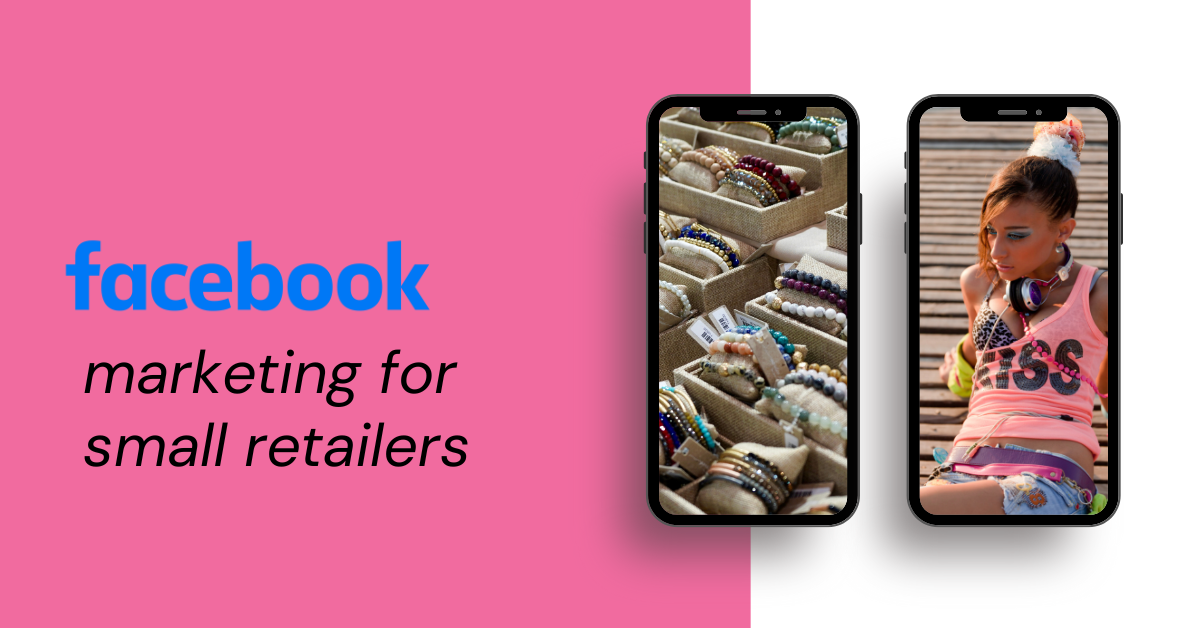


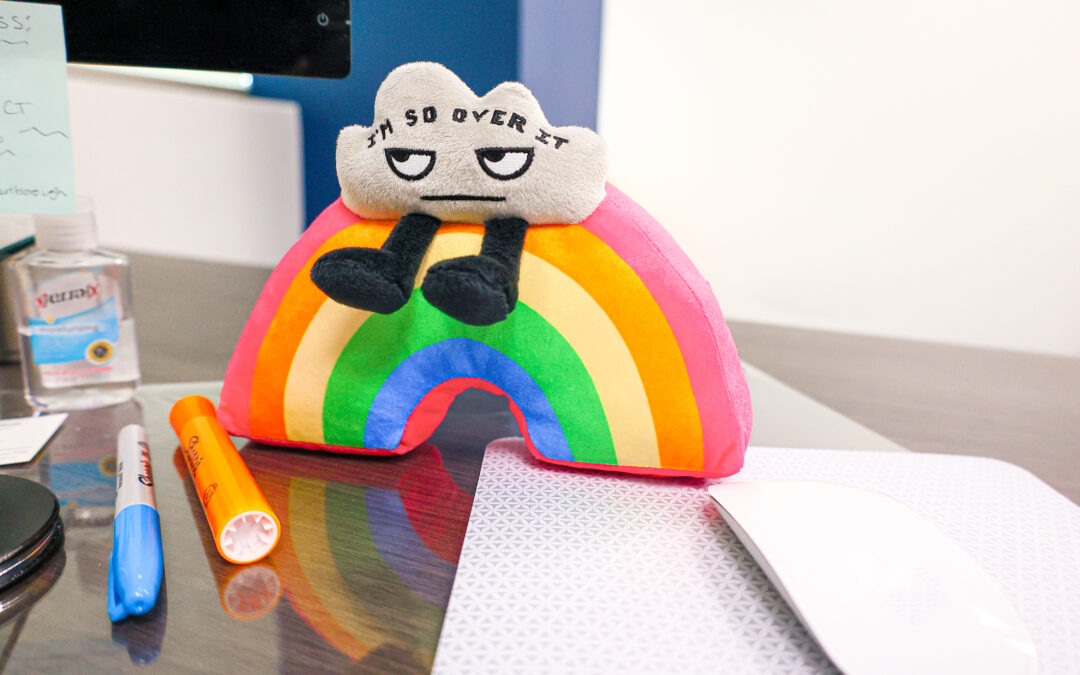


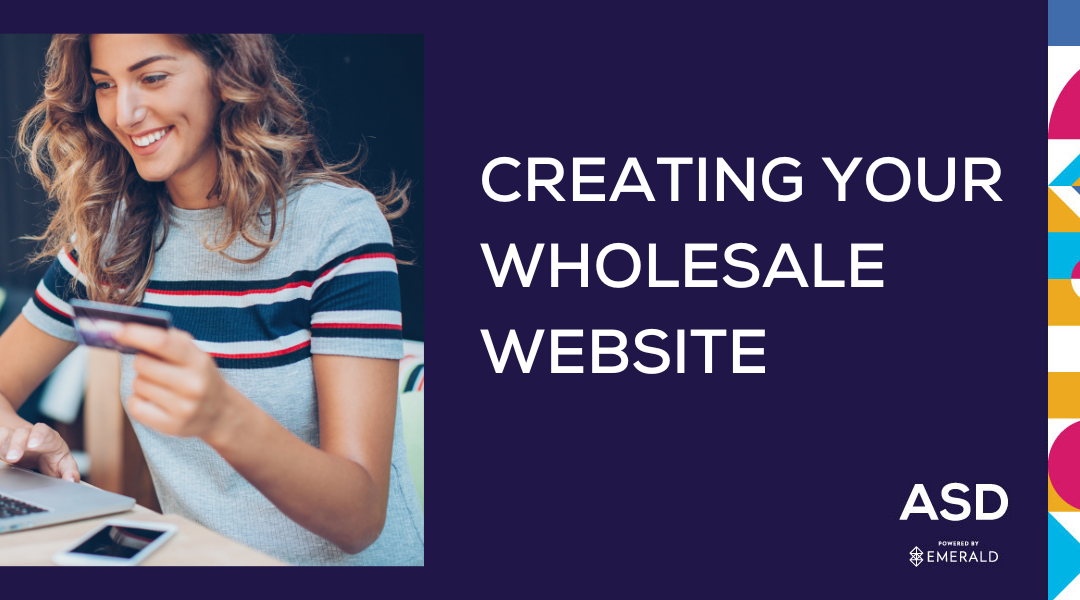

0 Comments